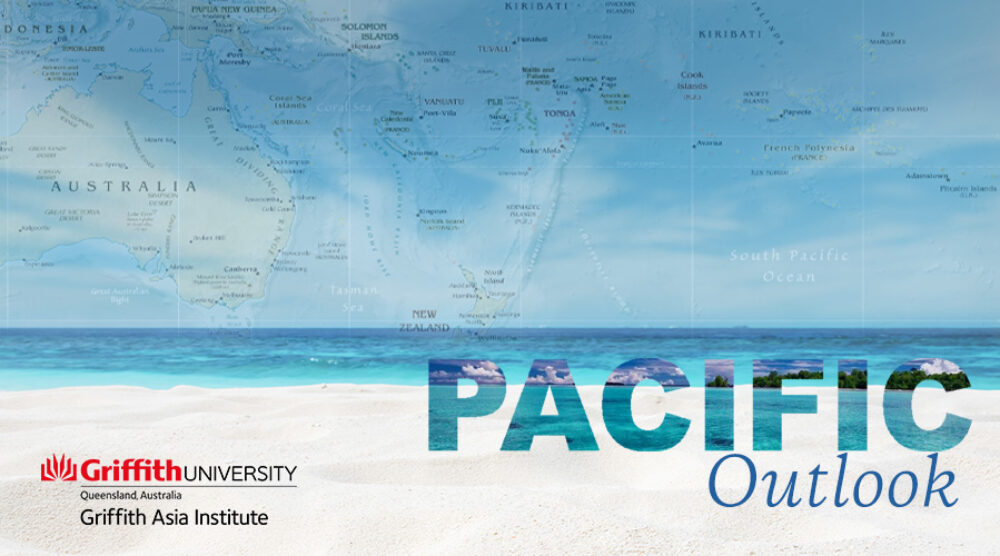TESS NEWTON CAIN |
Security agreement between Solomon Islands and China finalised
The proposed security agreement between Solomon Islands has now been finalised, with key sections ‘initialled’ by both parties. The Prime Minister of Solomon Islands, Manasseh Sogavare, has stated explicitly that there will be no Chinese military base constructed in his country under the terms of this agreement. The Chinese Embassy in Solomon Islands has stated the same.
The controversy over this agreement continues. Leading commentators from Solomon Islands have stressed the importance of focus on the local context as what is shaping current developments, rather than a fixation on a narrow lens of geostrategic competition.
So far, there has been no reaction from either the Pacific Islands Forum or the Melanesian Spearhead Group. However, the President of the Federated States of Micronesia, David Panuelo, has written to PM Sogavare to urge him not to enter into this agreement.
Panguna progress
An MP from Bougainville, Theonila Roka Matbob, has said that she is confident in the progress of negotiations with Rio Tinto in relation to environmental damage caused by the historical operation of the Panguna mine.
To date, Rio Tinto has agreed to fund an assessment of the damage. Further to legal action led by Ms Matbob and other environmental campaigners from Bougainville, the company joined the Panguna Mine Impact Legacy Committee. The committee has held several meetings and three companies have been appointed to undertake an impact assessment.
Ms Matbob says that she remains confident that Rio Tinto will go on to meet the costs of any cleanup that follows this assessment phase.
It is still not known if the Panguna mine will be reopened. Addressing the environmental impacts of the mine has been a longstanding issue of concern in Bougainville.
New bilateral agreement between Fiji and New Zealand
Fiji and New Zealand have signed a new bilateral agreement. The signing took place during the visit of Foreign Minister, Nanaia Mahuta, to Suva last week.
The agreement is entitled the Duavata Partnership: Aotearoa Whenua Manapori o Whiti Tauaki Mahitahi. It promises “shared commitment and vision for regional solidarity”.
This agreement is the latest step in a process that was commenced in 2020, to elevate the bilateral relationship to one of “expanded strategic cooperation” in a range of sectors. It will form the basis of high-level bilateral meetings, including at ministerial and prime ministerial levels.
The agreement identifies five areas in which the two countries will develop their bilateral relationships: partnership, democracy and values; economic resilience; social well-being; climate change and disaster resilience.
Whilst this is a bilateral arrangement, it also refers to “New Zealand’s goal of supporting a safe, stable and resilient Pacific”.
FIFA and Pacific Islands Forum combine to fight climate change
In a significant sports diplomacy move, FIFA has joined forces with the Pacific Islands Forum (PIF) to combat climate change.
The Secretary-General of PIF, Henry Puna, and the President of FIFA, Gianni Infantino, signed a Memorandum of Understanding last week in Doha on the margins of the 72nd FIFA Congress. The aim of the partnership is to raise global awareness of the need to keep global warming to less than 1.5 degrees, and make use of opportunities to build climate proof football infrastructure in the Pacific islands region.
Mr Puna also expressed his hope that this partnership will assist in mobilising financial support for the Pacific Resilience Facility.
Whilst there is no doubt of FIFA’s global reach, there may be significant reputational issues associated with this partnership given concerns about corruption and human rights issues associated with the 2022 World Cup to be held in Qatar.
Tess Newton Cain is an Adjunct Associate Professor at the Griffith Asia Institute and project lead of the Pacific Hub.








